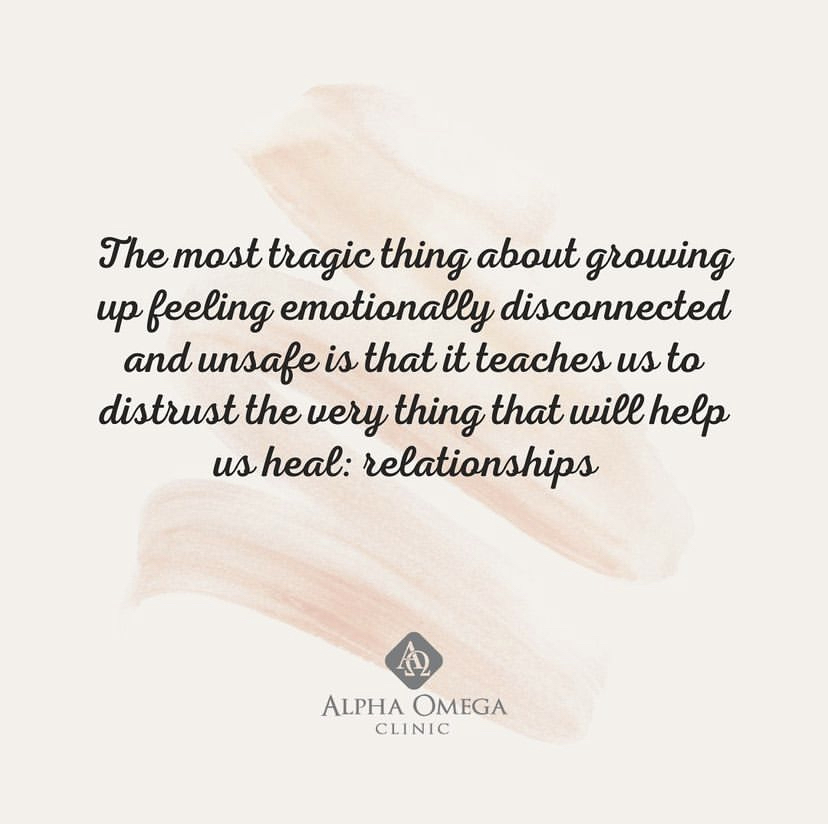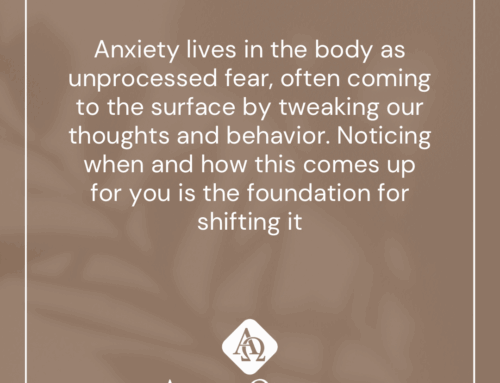Relationships are messy from the very beginning. We are born to very human parents who make very human mistakes. These mistakes often hurt us and change our view of ourselves and our relationships. This hurt falls on a spectrum between trauma and being emotionally wounded. How our parents respond to our hurt begins to shape how we cope with our distress. If they are responsive, available, and engaged, we form a secure bond and learn to directly express emotions and needs. If they are unavailable and unresponsive, we form an insecure bond and learn to indirectly express emotions and needs. There are two main insecure attachment strategies: anxious and avoidant. Anxious attachment often looks like pursuing or pushing for needs to be met. Avoidant attachment often looks like suppressing needs and being self reliant. Both of these strategies are functional adaptations to provide some sense of safety and security within an insecure environment.
When we become adults, we do not forget these experiences. In fact, they have shaped our neurochemistry to make the adaptive coping fast and involuntary; swooping in to protect us at any sign of danger. Yet, it leaves us feeling emotionally disconnected (sad, lonely, fearful, helpless, etc). We may blame ourselves, the other, or both. We become locked in a dance of emotional disconnection fueled by the fear of LOSING what emotional connection we have with those we love. Understanding this underlying emotional process can help shift our way of coping to gain a more secure style of attachment.
What may be blocking you from trusting your connection? Are you scared to be vulnerable and have the rug pulled out from under you as has happened so many times before? What would it be like to name this out loud? Could you linger at what happens right before the moment you begin to protect yourself? What’s that like? Is this new?
Want more ways to receive our content? Follow us on Instagram or Facebook, or subscribe to our newsletter!
* The information provided is for self-enrichment and not intended to replace any necessary mental health treatment.
Warmly,
Jonathan Dixon, LMFT
Alpha Omega Team





